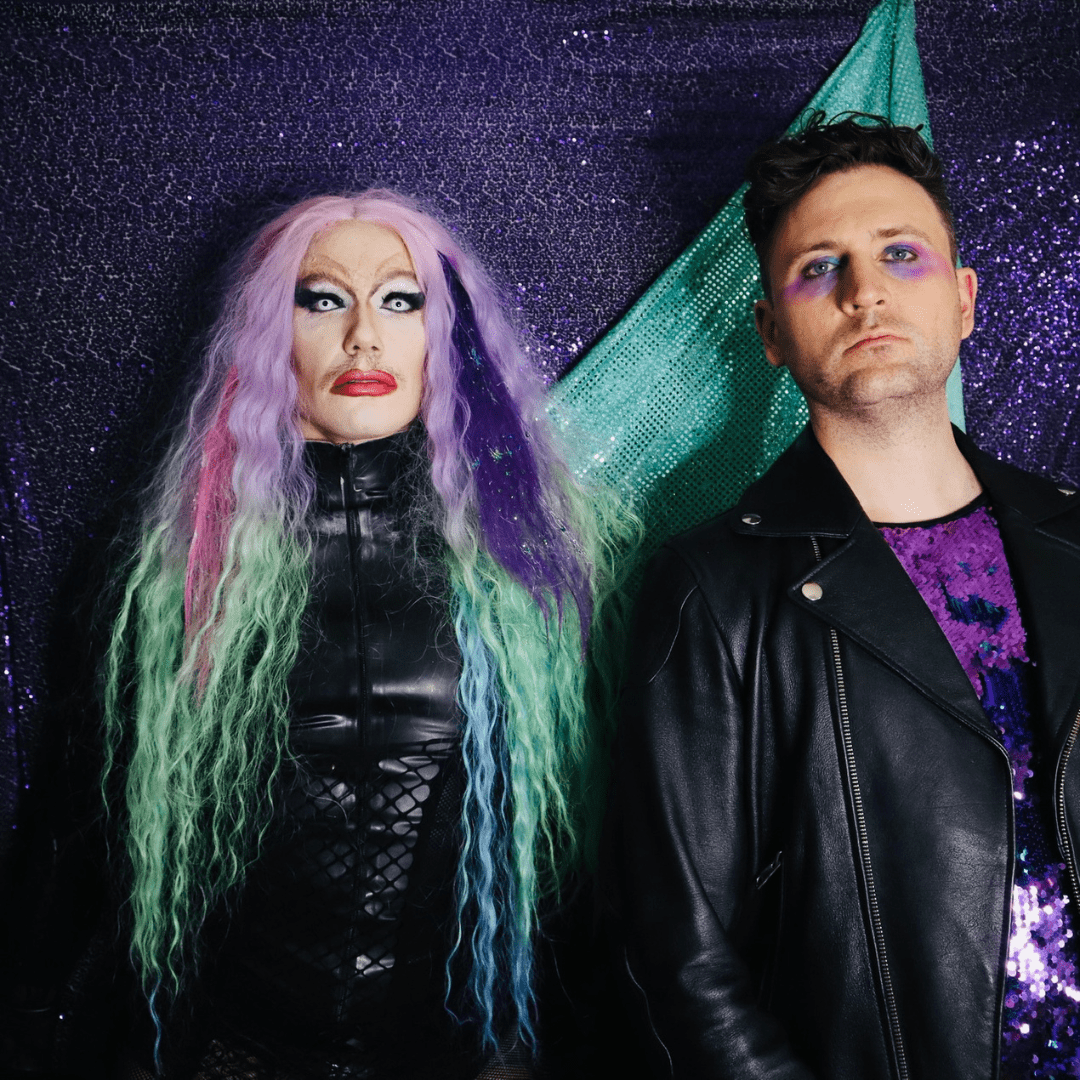Every annum since its inception in 1927, TIME Magazine, a venerable institution that persists through the ages, bestows the coveted title of Person of the Year upon the individual who, in its estimation, has exerted the most profound influence on the year’s unfolding events. A historical panorama of past recipients reveals a tapestry of figures, from the trailblazing Charles Lindbergh in 1927 to the unsettling acknowledgment of a fascist sympathizer. The magazine occasionally ventures into whimsy, honoring groups or abstract concepts such as the Computer (1982) or the Endangered Earth (1988).
In a recent proclamation, TIME named Taylor Swift as its Person of the Year, marking the first occasion a musician has been granted this distinction. However, this declaration comes with a backdrop of nuance. Swift, having previously adorned the cover in 2017 as one of the Silence Breakers within the #MeToo movement, finds herself in the spotlight once more. TIME’s historical chronicle unfurls other intriguing instances, with luminaries like Bono, Bill and Melinda Gates, and even occasional Elon Musk etching their presence in the annals of this peculiar recognition.
Swift’s triumph in the latest selection unfolded amid a competitive shortlist featuring Hollywood strikers, Xi Jinping, Sam Altman, Trump prosecutors, Barbie, Vladimir Putin, King Charles III, and Jerome Powell. The acknowledgment places Swift in a league surpassing iconic figures like Elvis Presley, the Beatles, and Michael Jackson, solidifying her status as the world’s most successful musician by a staggering margin. The monumental Eras Tour, a pop-cultural juggernaut rivaling even the Barbenheimer weekend, stands testament to her cultural dominance.
As the world grapples with Swift’s ascent to billionaire status, her fans, with an almost cult-like devotion, mirror the fervor of a new monoculture. TIME’s recognition not only enshrines her in the pantheon of Person of the Year but heralds the unveiling of a long-awaited Taylor Swift magazine profile. In a candid conversation with writer Sam Lansky, Swift unveils the meticulous preparation behind her Eras Tour, from daily treadmill serenades to three months of intensive dance training.
The interview provides a glimpse into the aftermath of Swift’s marathon shows and the challenges of performing in heels. Swift’s dedication to her fans shines through as she reflects on the painstaking efforts they endured to secure notoriously expensive and elusive Eras Tour tickets. Her desire to exceed expectations and leave fans with an unforgettable experience underscores the artist’s commitment to her craft.
Beyond the glitz and glamour, Swift confronts the shadows of her past, delving into the psychological toll of her feud with Kanye West and the infamous Kim Kardashian phone-call leak. The manufactured frame job, an illegally recorded call edited for public consumption, plunged Swift into a dark abyss, prompting her to relocate to a foreign country and retreat from public life.
Swift’s resilience surfaces as she reflects on the futility of actively seeking to defeat adversaries, asserting that “trash takes itself out every single time.” The narrative takes an unexpected turn as Swift shares insights into her relationship with Travis Kelce, sparked by an endearing podcast mention that eventually blossomed into a significant connection.
The TIME feature encapsulates perspectives from a constellation of luminaries such as Shonda Rhimes, Greta Gerwig, Stevie Nicks, Kenny Chesney, and Phoebe Bridgers. Bridgers’ assertion that “Beatlemania and Thriller have nothing on these shows” encapsulates the seismic impact of Swift’s performances.










